Drinking tea is a tradition that has been passed down for thousands of years. It is a healthy way to nourish the body and can help treat and prevent various diseases. Many people drink tea with the aim of promoting wellness and maintaining a healthy state over the long term. However, improper tea drinking habits can harm your stomach. Here are some harmful tea drinking habits to avoid
Drinking Tea on an Empty Stomach
One of the most harmful tea-drinking habits is consuming tea on an empty stomach. This can have several negative effects:
- Stomach Irritation: The active substances in tea can interact with proteins in the stomach, causing irritation and potentially leading to stomach ulcers.
- Diluted Digestive Juices: Drinking tea on an empty stomach can dilute digestive juices, impairing digestion and leading to discomfort.
- Tea Drunkenness : Symptoms of tea drunkenness include palpitations, dizziness, weakness, confusion, and nausea. These symptoms are more common in people who do not regularly drink tea, especially if they consume strong tea first thing in the morning.
To avoid these issues, always eat something before drinking tea. If tea drunkenness occurs, consuming 1-2 pieces of candy or drinking some warm water can help alleviate the symptoms.
Drinking Strong Tea at Night
Consuming strong tea in the evening can lead to several problems:
- Increased Stomach Acid: The high caffeine and theophylline content in strong tea can stimulate the stomach lining and cause excessive stomach acid production. Over time, this can damage the stomach lining, leading to congestion, inflammation, and even ulcers.
- Digestive Issues: Strong tea can slow gastric contractions and intestinal peristalsis, affecting food digestion and absorption, potentially leading to constipation and other digestive problems.
- Sleep Disturbances: The caffeine in strong tea can interfere with sleep patterns, causing insomnia and restlessness.
So avoid strong tea in the evening. Opt for lighter, milder teas if you wish to drink tea at night.
Drinking Tea After Alcohol
Using tea to sober up is not only ineffective but can also be harmful. The interaction between caffeine in tea and alcohol can stimulate the stomach lining, leading to gastritis and increasing the risk of stomach ulcers.
Drinking tea after alcohol can also harm the kidneys. Early documentation, such as Li Shizhen's "Compendium of Materia Medica," noted the dangers: "Drinking tea after alcohol harms the kidneys, causing heavy legs, bladder pain, and diseases like water retention, thirst, and pain."
Avoid drinking tea, especially strong tea, after consuming alcohol. It is better to hydrate with water and allow your body to naturally process the alcohol.
Overconsumption of Tea
While tea contains beneficial nutrients like polyphenols and amino acids, excessive consumption can be counterproductive. Overdrinking tea can irritate the stomach lining, accelerate calcium and iron loss, and increase the burden on the kidneys.
- Stomach Irritation: Drinking too much tea, particularly green tea and raw Pu-erh tea, can strongly stimulate the stomach.
- Kidney Burden: Even fully fermented teas like black tea and ripe Pu-erh can impact the stomach if consumed in excess.
Healthy adults should limit tea consumption to about 12 grams per day, divided into 3 or 4 infusions. Enjoy tea, but don’t use it as a substitute for water.
Overall, tea is a natural health beverage with numerous benefits. When consumed correctly, tea can quench thirst, aid digestion, eliminate phlegm, refresh the mind, and improve vision. However, incorrect tea-drinking habits can negatively impact your health.

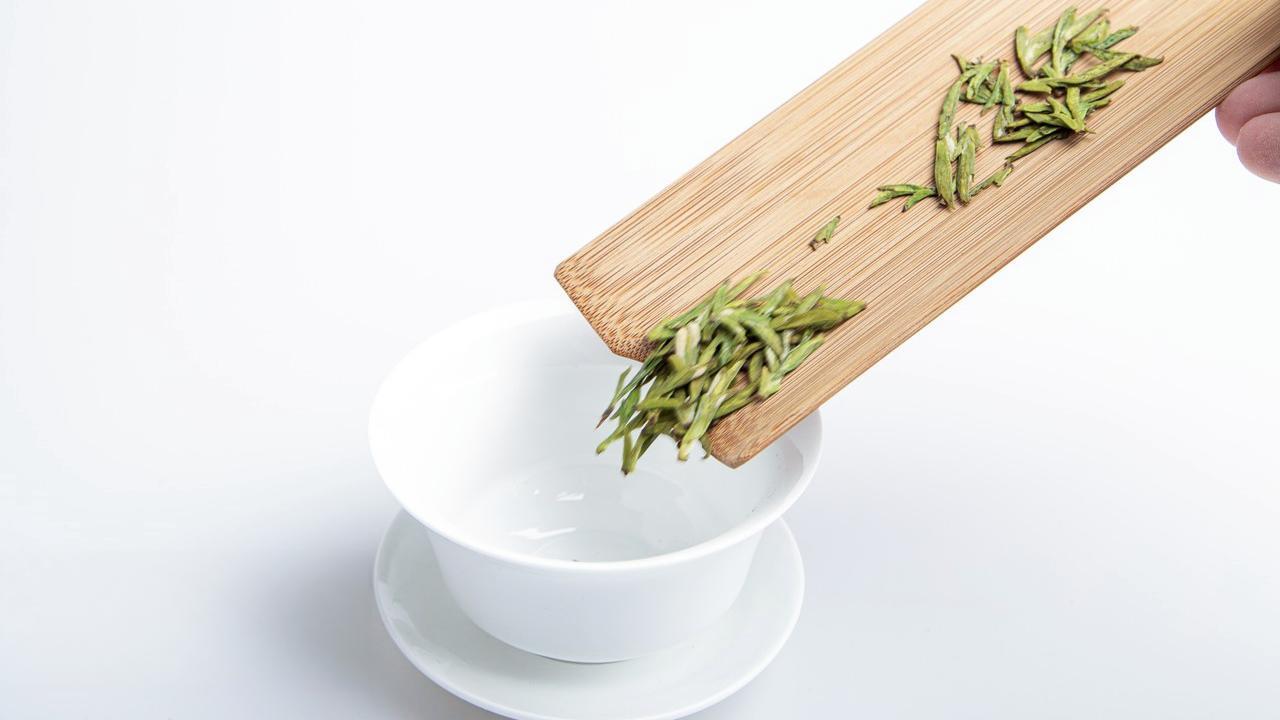
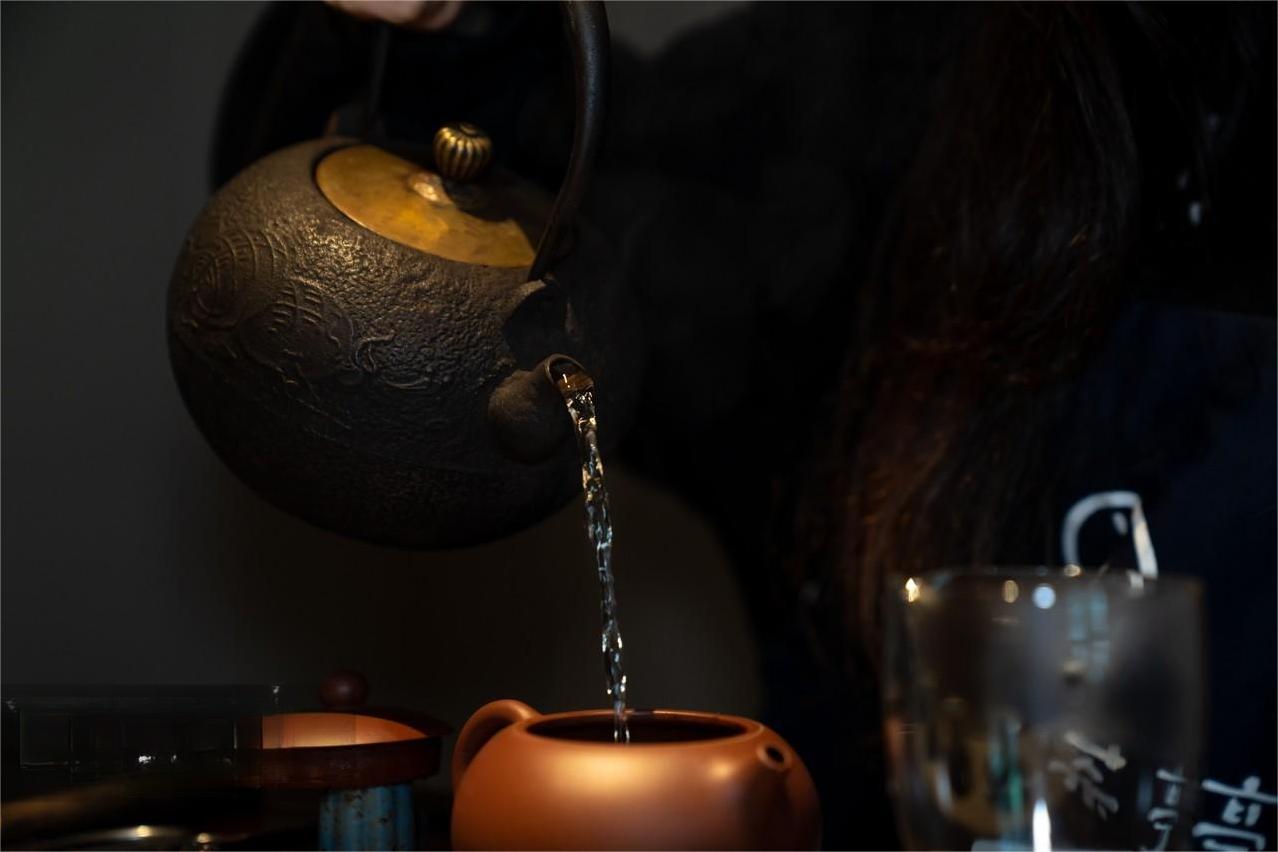
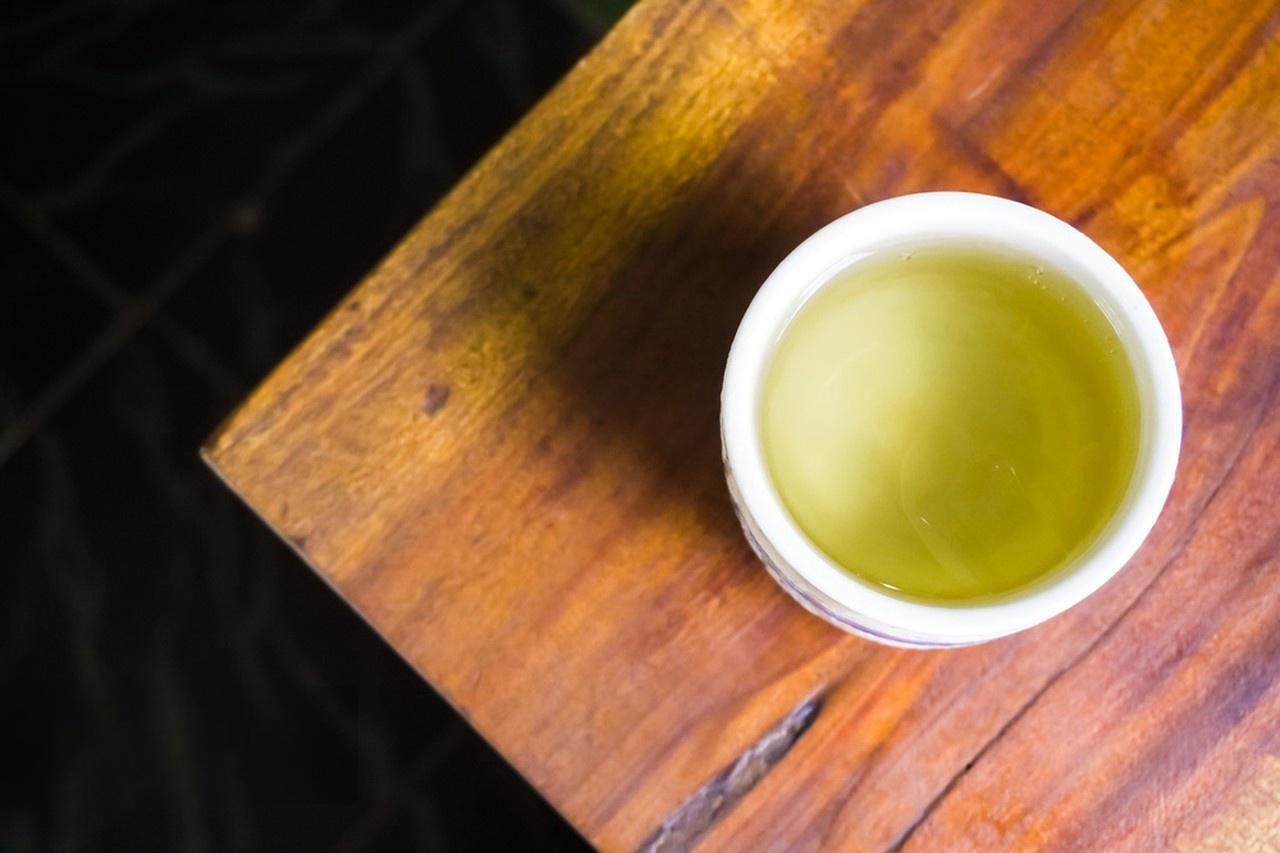
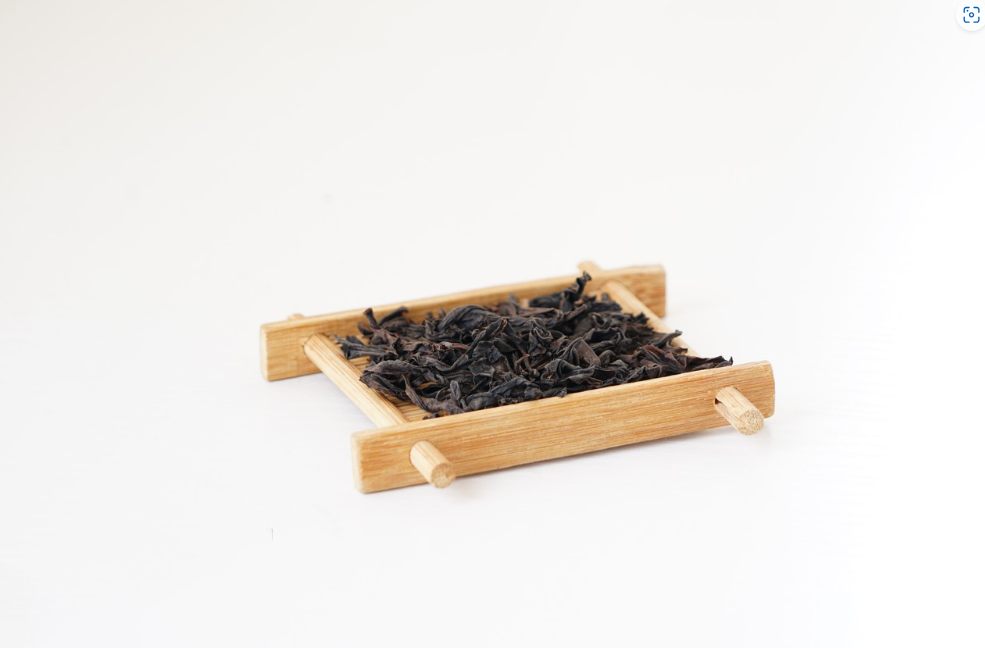
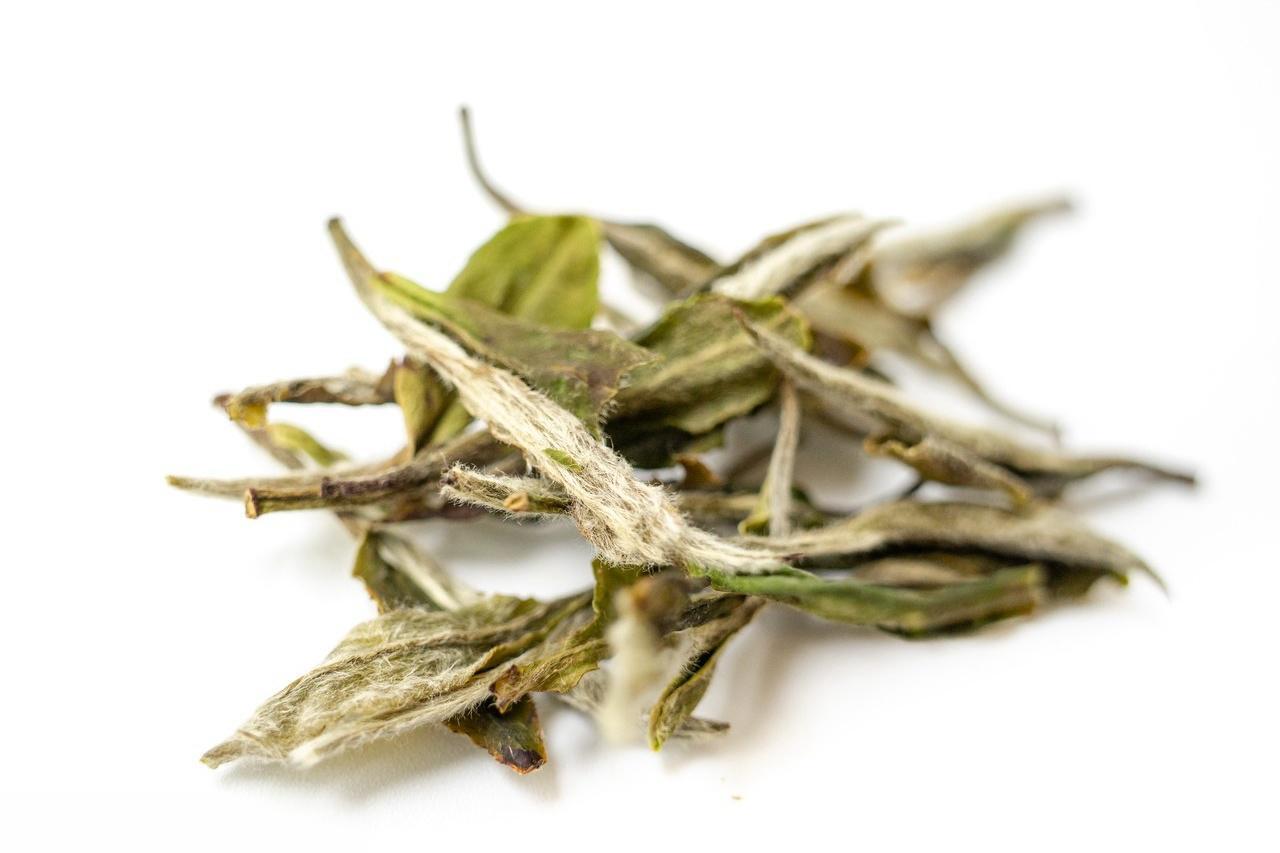
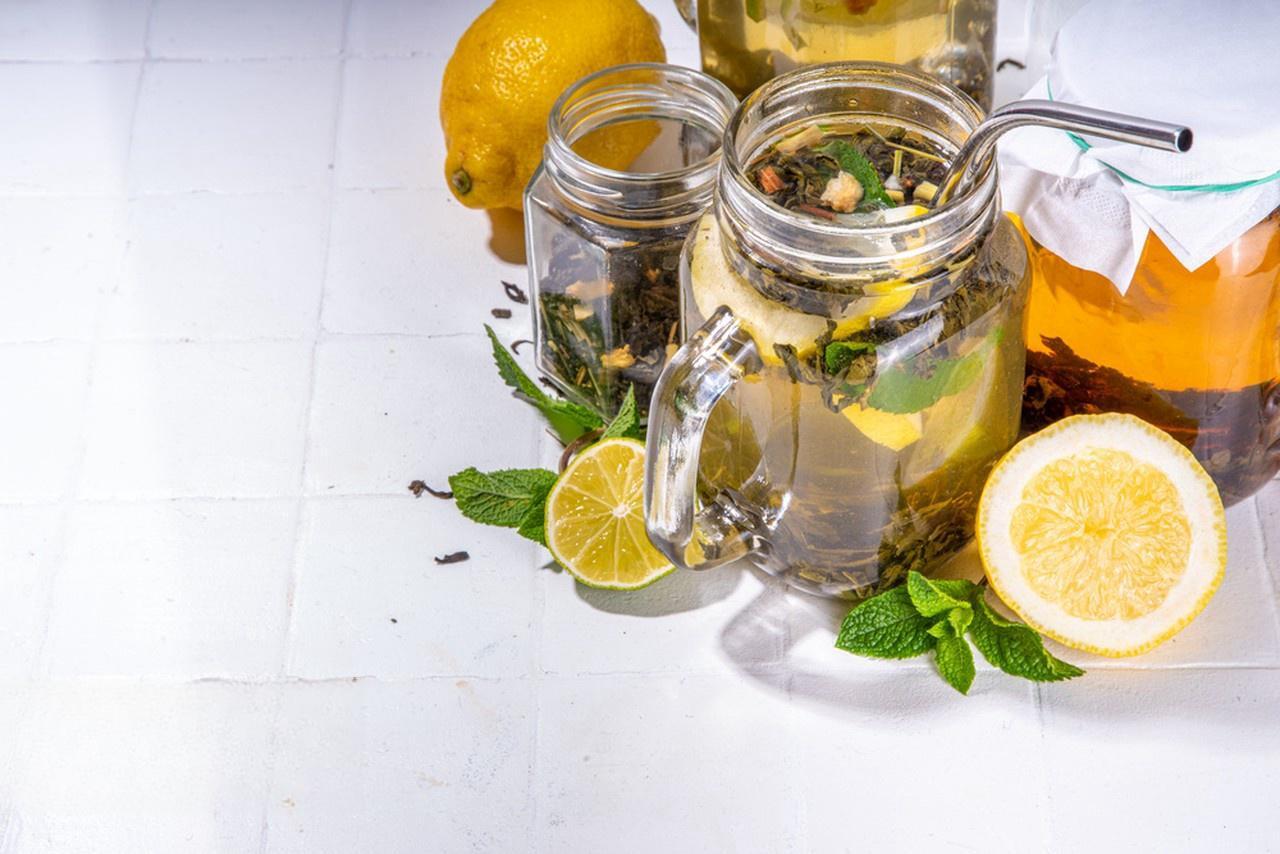
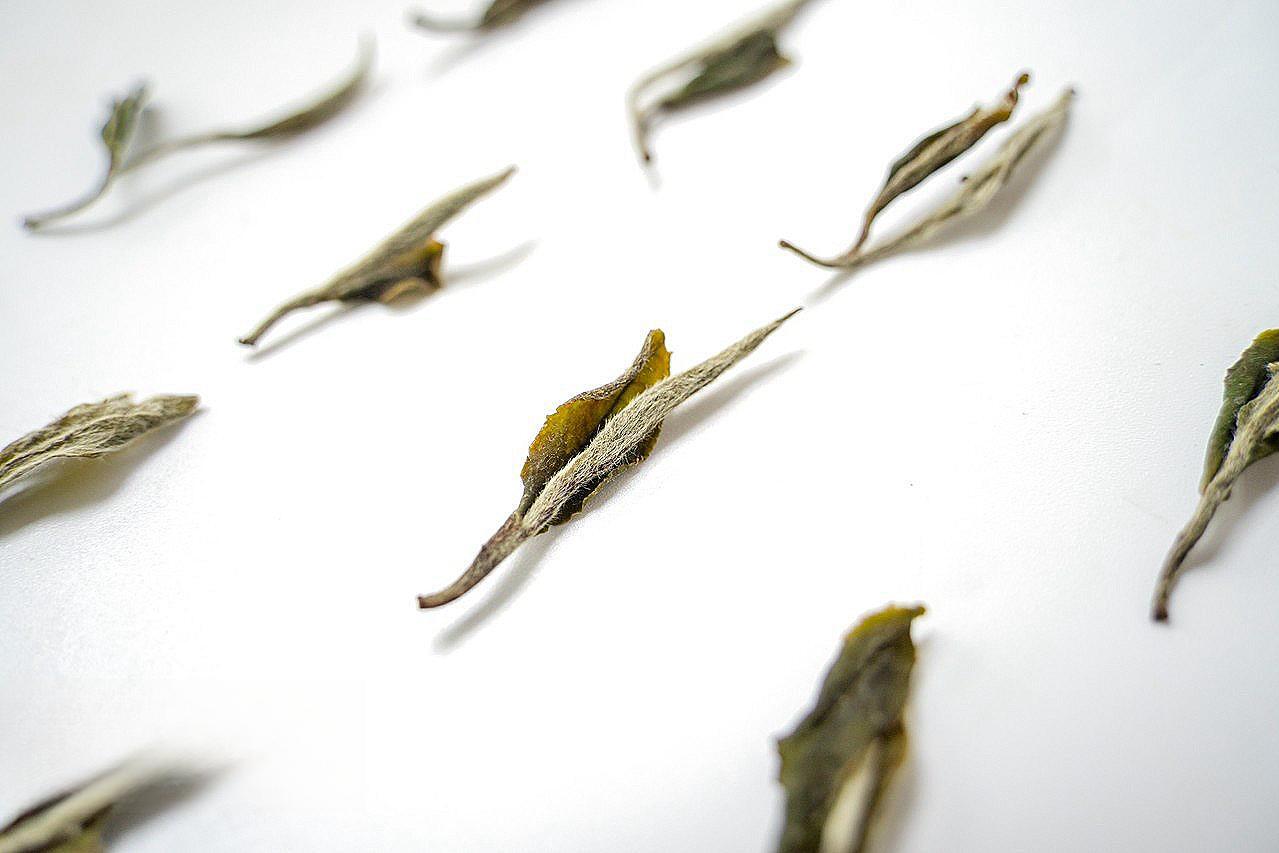
Leave a comment
All comments are moderated before being published.
This site is protected by hCaptcha and the hCaptcha Privacy Policy and Terms of Service apply.